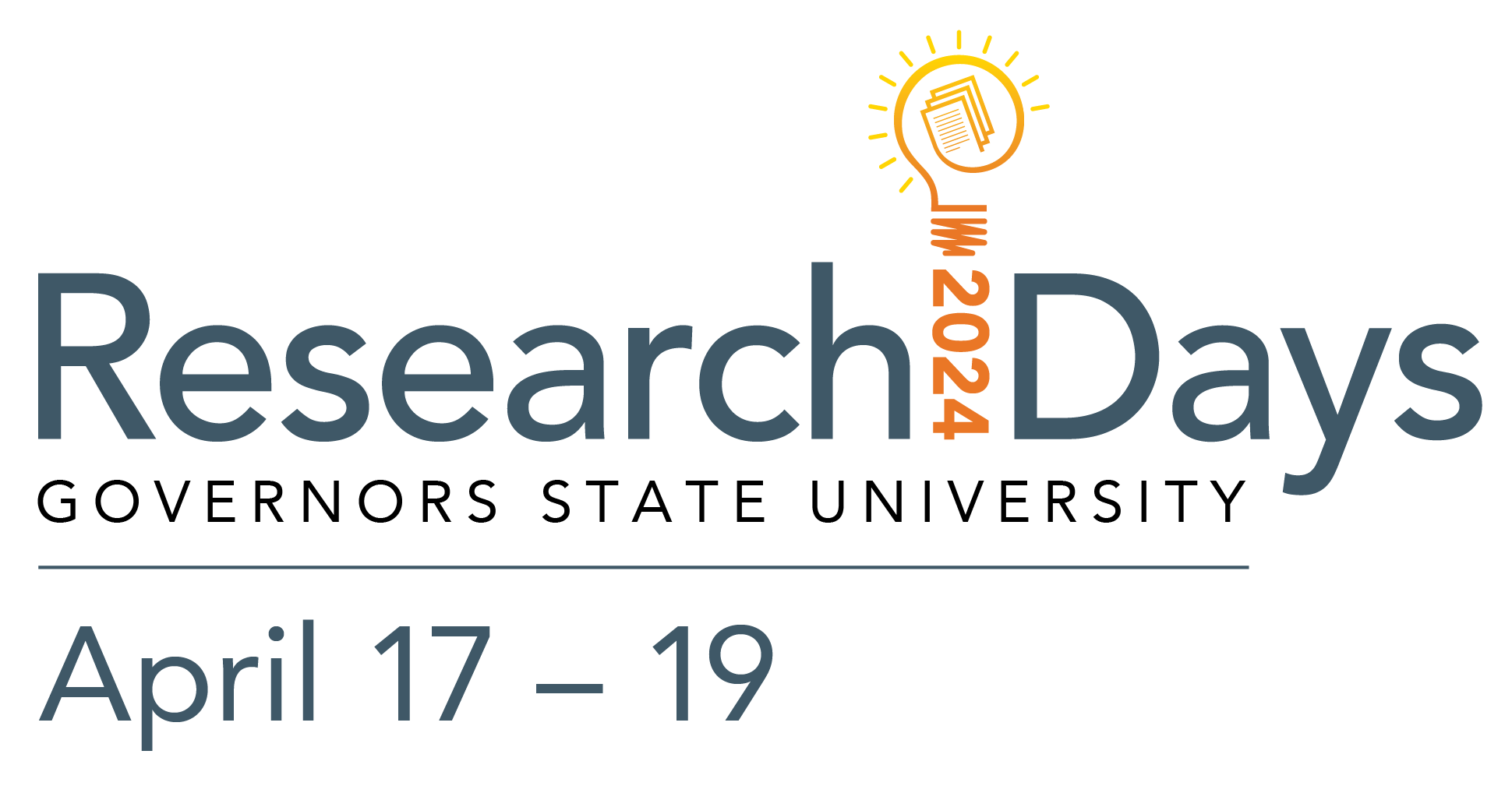Type of Presentation
Poster Session
Location
University Library
Start Date
4-17-2024 11:45 AM
End Date
4-17-2024 1:15 PM
Description of Program
Augmentative and alternative communication (AAC) provides options for achieving functional communication skills for individuals with developmental disabilities and complex communication needs who are unable to use speech for expressive language. When developing a prescribed core vocabulary intervention for language-delayed children using AAC, it is important to realize that important strides have been made in the selection process and learned usage of core words. We must continue to offer appropriate vocabulary to meet children’s changing needs as they grow and develop language skills. Children need vocabulary that is flexible and useful across diverse topics and settings.
Abstract
The purpose of this study was to measure the impact of core vocabulary selection and the subsequent usage of a prescribed core vocabulary intervention over a period of one trimester and to report its impact on the overall communicative effectiveness of language-delayed kindergarten students using augmentative and alternative communication (AAC). Study participants were provided with a pretest, speech and language therapy sessions in which intervention took place, and a posttest, which was administered by a speech–language pathologist. Intervention implementation commenced at the beginning of the school year and extended through the end of the trimester. Data were examined at weekly intervals throughout the trimester. Analysis of the data determined the effect of selecting and using a core vocabulary intervention on overall communication in language-delayed AAC users. The treatment group (n=15) received core vocabulary intervention in a naturalistic aided-language environment with modeling for the use of core vocabulary words. Acquisition of and significant improvement in core vocabulary usage was noticed, along with an increase in expressive language skills in line with individualized education plan (IEP) goals. The implications of core vocabulary intervention in the enhancement of language skills for children who use AAC are discussed.
Presentation File
wf_yes
Included in
Using a Core Vocabulary Intervention for Language Delayed Kindergarten Students Using Augmentative & Alternative Communication (AAC)
University Library
The purpose of this study was to measure the impact of core vocabulary selection and the subsequent usage of a prescribed core vocabulary intervention over a period of one trimester and to report its impact on the overall communicative effectiveness of language-delayed kindergarten students using augmentative and alternative communication (AAC). Study participants were provided with a pretest, speech and language therapy sessions in which intervention took place, and a posttest, which was administered by a speech–language pathologist. Intervention implementation commenced at the beginning of the school year and extended through the end of the trimester. Data were examined at weekly intervals throughout the trimester. Analysis of the data determined the effect of selecting and using a core vocabulary intervention on overall communication in language-delayed AAC users. The treatment group (n=15) received core vocabulary intervention in a naturalistic aided-language environment with modeling for the use of core vocabulary words. Acquisition of and significant improvement in core vocabulary usage was noticed, along with an increase in expressive language skills in line with individualized education plan (IEP) goals. The implications of core vocabulary intervention in the enhancement of language skills for children who use AAC are discussed.

